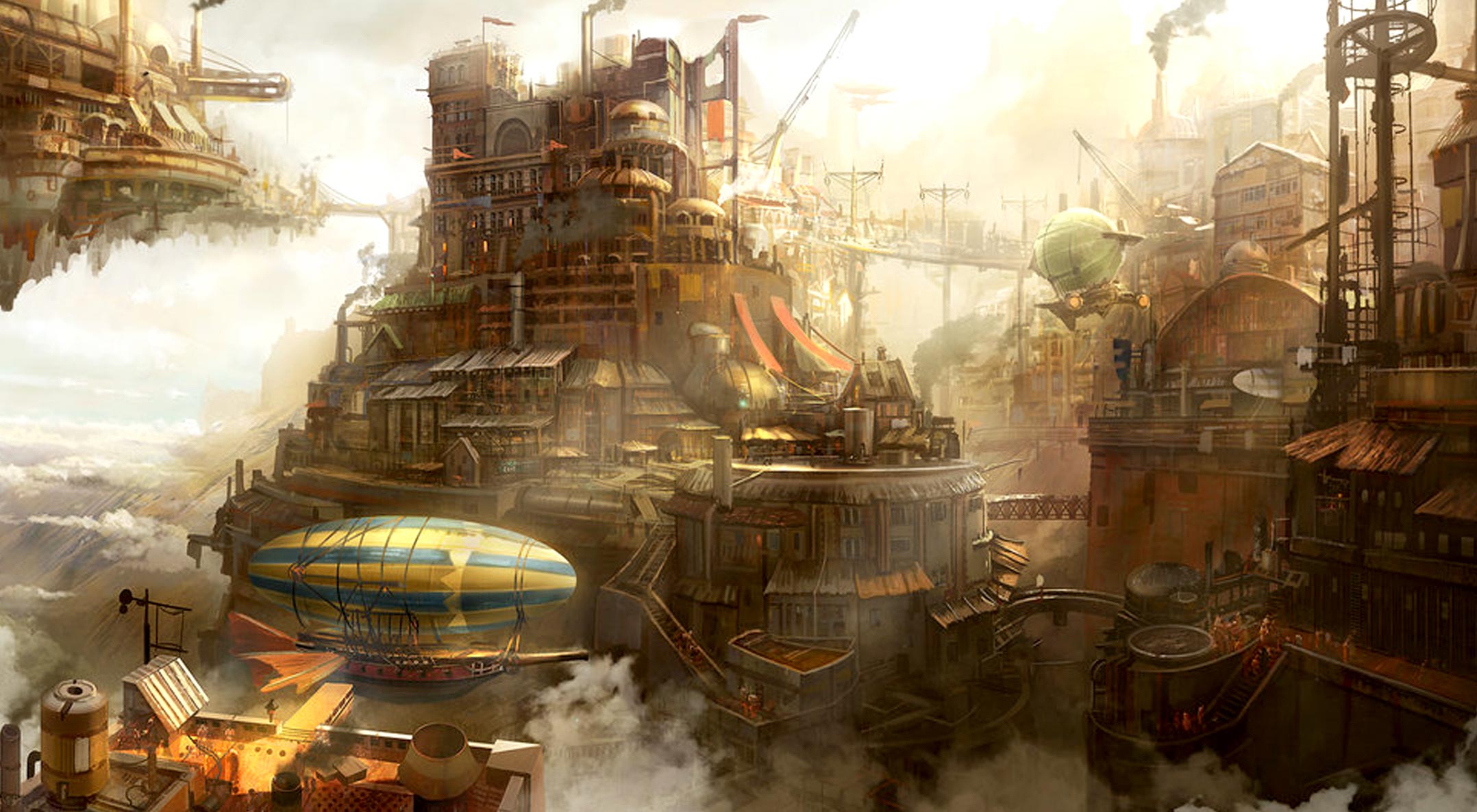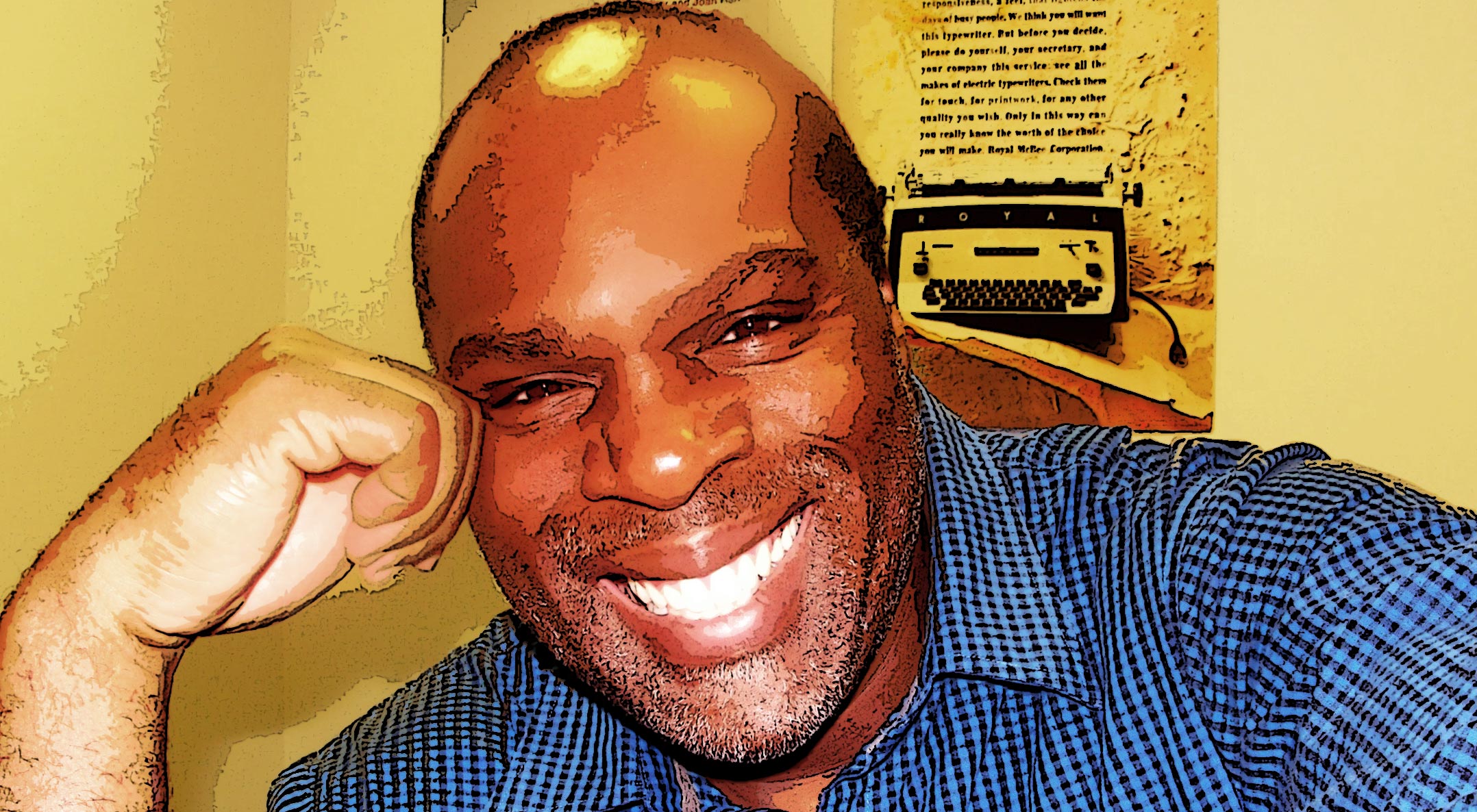
-More than one of them cried out in pain, “This is impossible, my brain hurts!”-
Write what you know.
Really? Do I have to?
It’s because of these four, seemingly innocuous words that people like me spend hours staring at the damn cursor on the soul-suckingly blank screen. How often have you shied away from writing something you’re interested in because you simply do not feel that you know enough? Tech specs, genre specifics, races, clichés, real names of types of laser beams…
I didn’t grow up reading Science Fiction. I was a slow reader and the true fascination for me was fantasy, but I could only swallow about a book a year. So when, for the first time, I sat down to try my sonic-galacto-pen at Sci-Fi, I was stumped and all I could hear, bleeding through my brain in a repetitive, tin-robotic drawl, was “you don’t know anything about science fiction, so you can’t write it.”
Is this true, I wondered? Do I have to have studied Isaac Asimov and Frank Herbert and memorized the themes and plot structures of H. G. Wells in order to be worthy of creating my own planetary system or pen a scenario that involves the future or aliens or strange men with a mysterious metal box?
I still let that voice creep in when I start a new story and my first thought is: “Will anyone like my story?” Which realistically translates into: “Will anyone like me?”
What I’ve come to discover is this: if I write for others, if I write for the sake of showing off and making myself look good or to make lots of money, then I don’t like me.
I tortured my students with an activity in Creative Writing, where I challenged them to come up with a creature that is not based on any prior knowledge whatsoever. If their creature had eyes, it didn’t qualify because they(my students) know that eyes exist. It can’t breathe, because we know about breath, it can’t have legs, tentacles, ears, hair, a face, genitals, you get the point. And so did they. More than one of them cried out in pain, “This is impossible, my brain hurts!”
My point, or the point that I glean for myself, is that it is impossible to really write anything that we don’t know. Everything that we write is based in some way, at its most basic level, on some element of prior knowledge.
Does that mean that anyone can write brilliant sci-fi that will turn the genre on its head and awe the world? No. But if you’re goal is to try something new, DO IT! Don’t hesitate! If it turns out to be crap, clean it up and try again. If nothing else, it may give you fodder for a piece to construct in a genre that you are comfortable in. Or it may launch you into a completely new solar system that you can explore and discover as float along!
I think I’ll try my hand at a story with little blue men. How about you?
Go write!









Hey Bri… just read a post over at FuelYourWriting.com that might make a useful follow-up for your own (superb) post:
http://www.fuelyourwriting.com/write-what-you-know-but-what-if-you-dont-know-enough/
The thing is… if you try to research all the science involved in your sic-fi, you’ll miss something and get it wrong. And the readers, because there are so much more of them, and they have nothing better to do, will notice it, and prove your wrong.
Better to think, “How much science do the people in my sci-fi setting really need?” Does my character really need to muse on the principles that make FTL travel possible? Or does he just need to make sure that he gets on the right shuttle to take him to the ship that will get him to the planet he needs to be on? Unless you’re a scientist by trade, you probably don’t look at the scientific principles of life. You use technology that takes advantage of those principles, but hides them behind an easy to use interface and a slick plastic cover.
Write that sci-fi epic, but don’t write about why things work the way they do. Know that they work, and leave it to the fans to figure out why. They’re good like that.
Doc